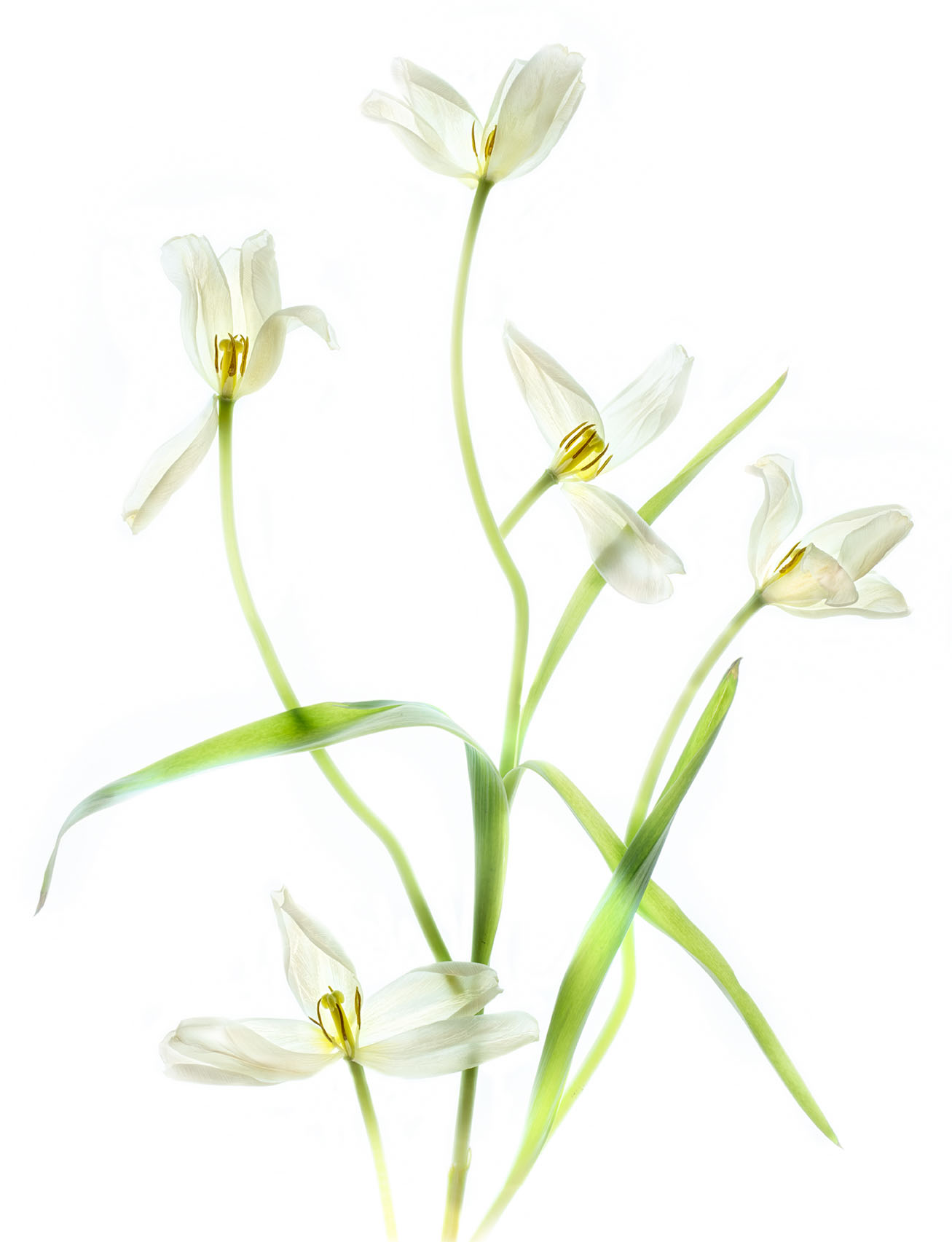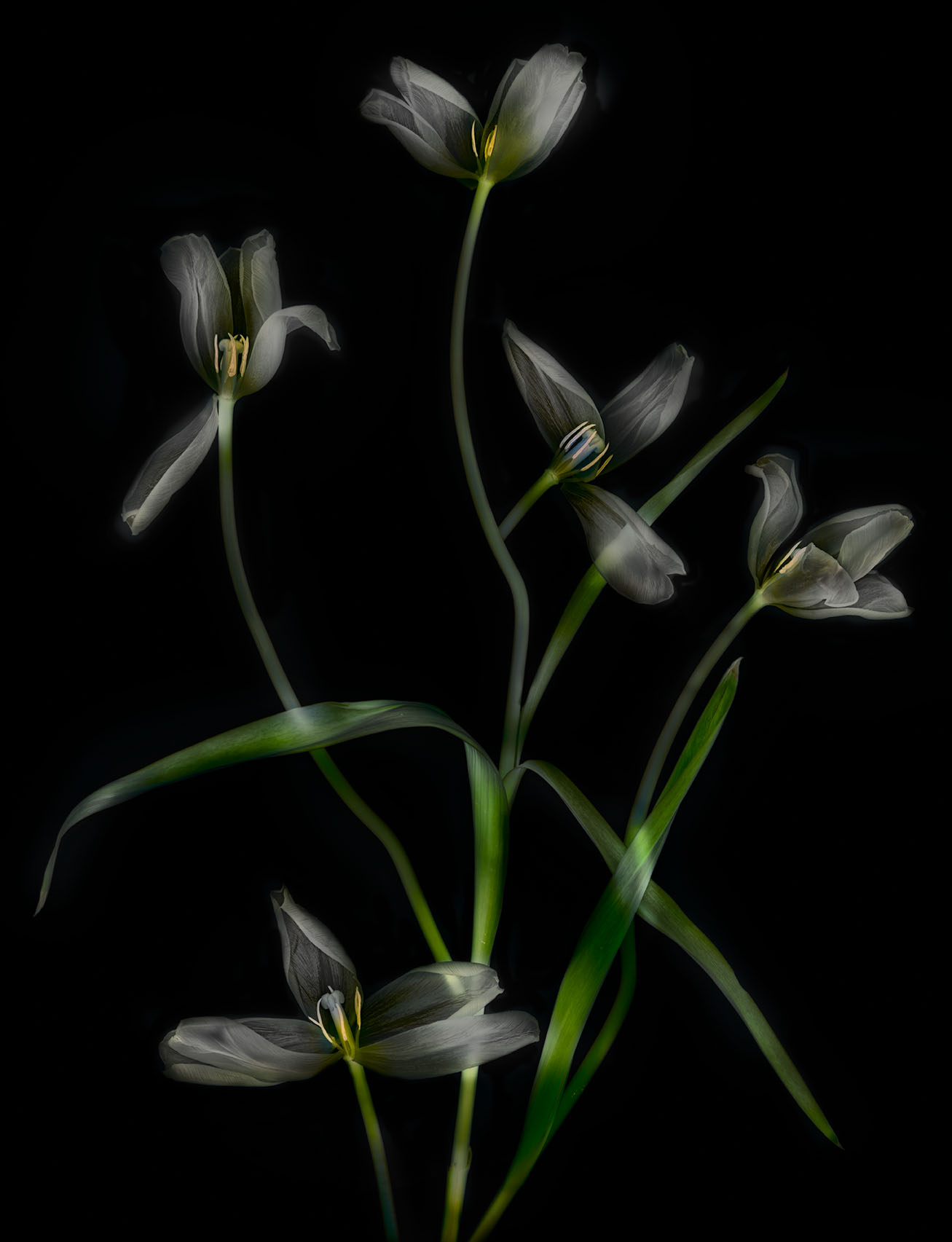Two of the best books I know that involve pandemics are the well-known classics Gabriel García Márquez’s Love in the Time of Cholera, and Daniel Defoe’s A Journal of the Plague Year. Both involve great scourges of humanity through the ages, cholera and bubonic plague.
I think of Márquez’s book as an intellectual’s romantic parable about several kinds of love, in which the eponymous cholera plays a symbolic role to remind the reader that lovesickness is a disease, too.
But A Journal of the Plague Year has specific resonance with our times, and it gave me nightmares after I first read it many years ago. The narrative is apparently non-fictional, eye witnessed, and journalistic. When Defoe wrote his account in the 1720s, the last major bubonic plague was still within living memory in the late 1600s, although the narrator presents it as contemporaneous. In this fictional non-fictional account, grass grows in the once-busy streets of London, specific neighborhoods are traced as they succumb to plague, and the dead lie unnamed in vast Potter’s fields that remind one of the aerial views today of graves in Iran.
It’s more than possible that Defoe’s opus was propaganda-for-hire, intended to bolster the case in the 1720s for stronger protectionism and border controls. Plus ça change, plus c’est la même chose.
“May you live in interesting times” is apocryphally quoted as a Chinese curse, and these are truly times that would be more comfortable to learn about from a history book than to live through.
In this regard, as the Wizard Gandalf famously notes in the Lord of the Rings, we don’t really get to decide what time we live in: “All we have to decide is what to do with the time that is given us.”
Trying times bring out the worst in people. I am thinking right now of those who would bend the knee to the false God of money over the lives of people. But difficult times also bring out the best in people, heroes who care for others, such as the selfless front-line medical workers in the coronavirus pandemic, who are dying at an awful rate.

In a very real sense, nature just doesn’t care. Through years spent hiking in the mountains from Alaska to Maine, I’ve learned that, however much one loves nature and loves being in nature, you just have to take nature as an extrinsic force that cannot be reasoned with. A storm at sea or a fall in the mountains can kill you perfectly, and without an iota of consciousness.
Anthropomorphism of the natural life force is, I believe, a mistake—unless intended as a metaphor. I’ve seen small blood-sucking leaches beside the trail in the jungles of Vietnam, blindly casting about for any warm-blooded creature, not because the leach is mean and ornery, but because that is what the leach does. This is much like the coronavirus infectious particle. It just seems evil to us, but it is merely doing what it does.
We are sheltering in place, a family of six. My parents, in their nineties, are alone in their own isolation behind glass doors. We bring them groceries; leave them outside the doors, wave kisses, and depart. They know that because of their age if they are hospitalized they will be the first to be sacrificed to triage, and offered palliation only.
Shopping is an excruciating experience of mask and glove protocol. We are allowed out for an exercise walk provided we keep six feet away from other people. This turns into an awkward social dance where pleasantries about “hanging in there” are exchanged while we subliminally jockey to see who will yield the right-of-way first.
These are the worst of times, and the best of times. I am at home with those I love more than anyone else in the world, my family. And, this too shall pass.
Once long ago when I traversed the Brooks Range in Alaska solo in deep fear for my life I was granted a vision that let me know I would be safe.
I was reminded of this when a few nights ago, deep in an anxiety dream about a vast car crash in which I was a passenger, the car I was in on a freeway swirled round and round in slower and slower spirals. I kept waiting for the fatal crash, but it never came. Instead, I heard a voice: “You will be okay.”
We will be okay.

Jim Ruppel
26 Mar 2020Thank you for that Harold, well said. We have a hero on the front lines, our daughter is a RN.
Jim Ruppel
26 Mar 2020PS Any way I can share this? Thanks.
Harold Davis
26 Mar 2020Jim, my thoughts with your wonderful hero daughter, may she get through this!
Sure, you can share my blog story. My thought would be that the easiest way would be the link to my blog. But if you want to copy and paste, that’s OK too, provided you credit me and link back to my blog. Stay healthy #allinthistogether Harold
Pingback: Shopping in the Time of the Coronavirus
Pingback: Inflection Points and the Donut of Doom
Pingback: This Too Shall Pass—and What Then?
Pingback: Now for something completely different
Pingback: Helichrysum bracteatum